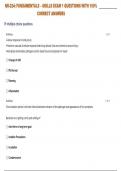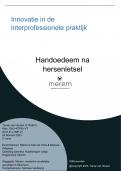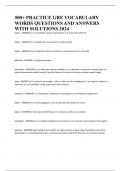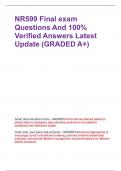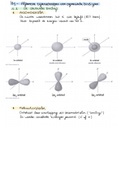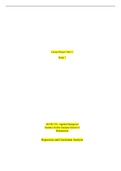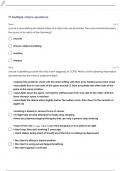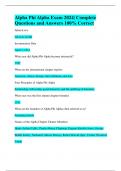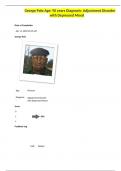Samenvatting
2023/2024 Summary 3.5 Memory - Theme 2: Improving Learning and Retention
- Instelling
- Erasmus Universiteit Rotterdam (EUR)
This is a summary for Theme 2 of 3.5C Memory. It contains all the literature including graphics that can help you fully understand! My grade: 8.3 Average grade: 6.2
[Meer zien]





